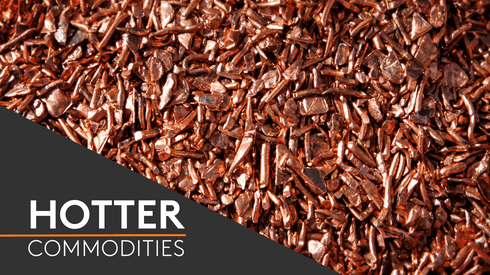Christian Schirmeister reached an agreement to leave JP Morgan on Monday February 23, five years after joining the bank as part of the team it acquired from RBS Sempra, he confirmed to Metal Bulletin sister title Copper Price Briefing.
Schirmeister started his career as a physical metals trader at Metalgesellschaft in 1979 and, in 1995, moved to London to work with MG’s London Metal Exchange ring-dealing brokerage team, which was later acquired by RBS Sempra.
Alongside his trading and sales roles, he has chaired the LME copper committee since 2008 and is an active member of organisations including the International Wrought Copper Council and the International Lead and Zinc Study Group.
He reached an agreement to step down as an executive director for the global commodities group on Monday and will look for new opportunities after a period of gardening leave, he said on the sidelines of the Metal Bulletin Copper Conference in Brussels on Wednesday.
His departure follows the sale of parts of JP Morgan’s physical commodities trading business to Mercuria in a deal completed last year, which resulted in the departure of several other high-profile JP Morgan personnel, including Blythe Masters, the head of the bank’s global commodities business.
Physical traders Ivan Petev and Will Gayner left the bank around the time of the sale and are now working at Macquarie. Martin Squires, an executive director for commodity hedge fund sales, also left the bank last year and has now joined BNP Paribas, Metal Bullletin understands.
Mark Burton
mburton@metalbulletin.com
Twitter: @mburtonmb



